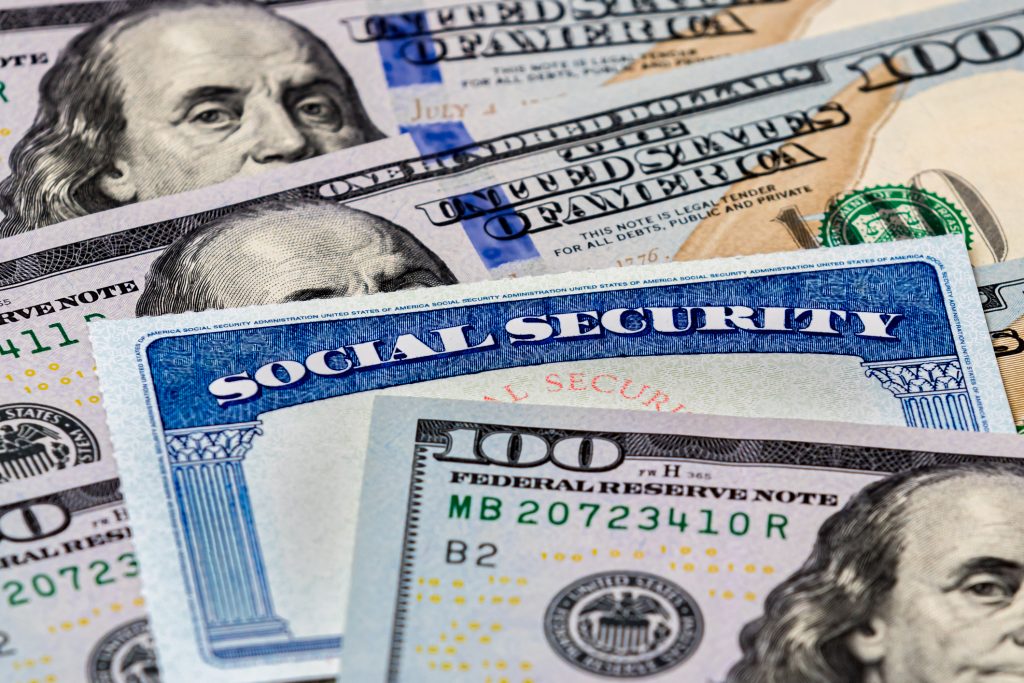
Image source: Upsplash/The Motley Fool
After months of difficulties, Spirit Airlines has filed for Chapter 11 bankruptcy protection. The company hopes the restructuring will help it get back on course financially.
Before you panic about any upcoming flights, the company insists it is business as normal. It says you’ll still be able to fly, book flights, and use your loyalty points. If you have holiday travel booked with Spirit, there’s a strong chance your flights will take off as planned.
That said, it’s a good reminder to use your credit card when you book a trip. The extra protections can come in handy when you travel because many things can go wrong — from the airline going belly up, to canceled flights or lost luggage. Click here to learn more about the built-in travel insurance and other perks you’ll get with the best travel credit cards.
What Spirit’s bankruptcy filing means for you
When we see the word “bankruptcy,” we often assume it means the company will shut down. But that’s not always the case. A Chapter 11 bankruptcy allows companies to stay open and try to re-organize their debts. So, for Spirit, its bankruptcy filing could give it the breathing space it needs to transform its business. Delta did something similar around 20 years ago.
Importantly for Spirit customers, it means flights will continue to run — particularly over Thanksgiving. However, moving forward there’s a good chance we’ll see even more canceled flights and schedule changes than normal. Given Spirit’s reputation, that’s saying something.
The good news is that the Department of Transportation recently issued updated guidelines that say you’re entitled to a refund if an airline cancels your flight and it doesn’t get rebooked. Unfortunately, this gets a bit more complicated in the case of Spirit, as bankruptcy law could impact your refund.
Hopefully, Spirit will not have to reschedule or cancel your flights. If it does, and you don’t have a travel credit card or travel insurance, there’s a chance you won’t be able to get your money back.
Credit cards give you extra protection when you travel
Flight cancellations and changes can be frustrating and costly at the best of times. Not only is it stressful when you might miss connecting flights or hotel bookings, but it can take an emotional toll too. Perhaps you’re traveling to meet loved ones or the whole family is geared up and excited about their vacation.
The most obvious benefit of booking a flight with a travel credit card is the chance to earn cash back or rewards. But the additional protections that kick in when something goes wrong can be hugely valuable too — especially as they help ease some of that stress.
It doesn’t make it any easier to explain to your parents and grandparents you’re going to arrive a day later than planned and miss the special dinner they’ve cooked. But you might get compensation to offset the costs of things like delays, cancellations, and lost luggage.
It’s smart to use a top credit card to pay for flights and travel. It’s also worth checking your card’s policies to find exactly what is covered. Here are some of the protections you might get from your travel credit card:
- Trip cancelation and delays
- Lost, delayed, or damaged baggage
- Medical coverage abroad
- Car rental insurance
If you don’t have a travel credit card, all is not lost. All credit cards offer something called a chargeback. If you don’t receive a product or service, you can contact your credit card company and ask it to reverse the payment. Making a claim can take more work than using built-in travel insurance, but it could help if your airline (or any other company) doesn’t deliver.
Don’t use a debit card to book your travel
There’s a patchwork of protections that could kick in if your flight is canceled or rescheduled. But you are much more likely to be able to get your money back if you’ve used a credit card to make your booking. Even more so if it’s a travel credit card with built-in insurance.
If you’re concerned about high-interest credit card debt, that’s understandable. Credit cards offer a lot of benefits, but the interest can quickly add up if you carry a balance. Try to pay your balance in full each month and avoid using your card to buy things you can’t afford. That way you get the added rewards and consumer protections that credit cards have to offer, without the potential side effects of high-interest debt.
Alert: highest cash back card we’ve seen now has 0% intro APR into 2026
This credit card is not just good – it’s so exceptional that our experts use it personally. It features a 0% intro APR for 15 months, a cash back rate of up to 5%, and all somehow for no annual fee!
Click here to read our full review for free and apply in just 2 minutes.
We’re firm believers in the Golden Rule, which is why editorial opinions are ours alone and have not been previously reviewed, approved, or endorsed by included advertisers.
Motley Fool Money does not cover all offers on the market. Editorial content from Motley Fool Money is separate from The Motley Fool editorial content and is created by a different analyst team.The Motley Fool has a disclosure policy.
 benzinga.com
benzinga.com fool.com
fool.com



